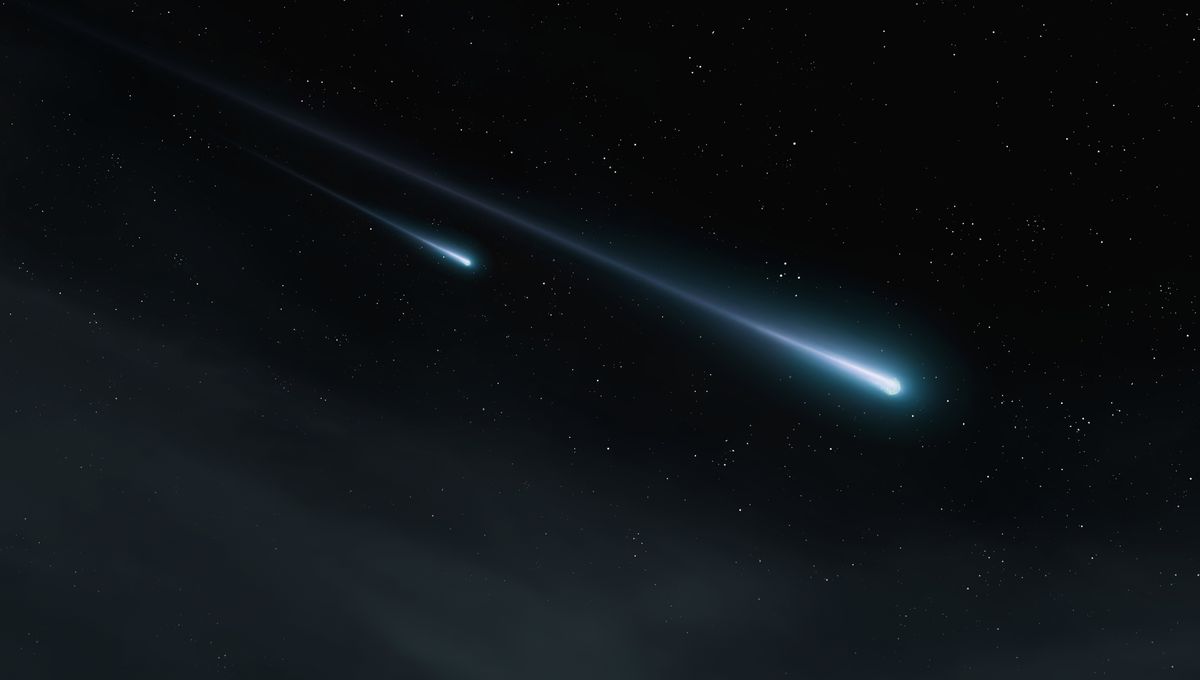
Want to watch a meteor shower, but your evenings usually involve conking out on the sofa by 9 pm? We come bearing great news – it’s the peak of the Arietids this weekend, the most active daytime meteor shower of the year.
When can I watch the Arietids?
We say daytime – most of the Arietids meteors aren’t actually visible during what most of us would consider to be sensible daytime hours. That’s because the glare of the Sun is much brighter than the light these space rocks give off as they burn up in the atmosphere.
But if you’re willing to be up before dawn, then the hour before sunrise on Saturday, June 7 is when you can witness the shower at its peak. If your Saturday lie-ins are far too sacred for that, however, you could still catch a glimpse of the meteors at the same time any other day up to June 17.
How can I watch?
Once you’ve set your pre-dawn alarm (or if you happen to be on your way back from a night out), the next thing you need to know is where in the sky you should be looking. To find this shower’s radiant point – the point in the sky where the meteors appear to be coming from – you’ll need to look east and find the constellation Aries, also known as the Ram.
Aries is one of the slightly trickier constellations to spot, but the “head” of the ram is usually the easiest to find, and can be seen about halfway between the Pleiades to the east and the Great Square of Pegasus to the west.
If you’re unsure of how to do this/that sounds like absolute gibberish, there are plenty of mobile apps that allow you to simply point your phone up at the sky and show you a labeled map of the stars as you move your device around.
How many meteors will I see?
This is a slightly difficult one to answer, as the meteors can go in any direction from the radiant, and that radiant will be below the horizon when the shower will actually be visible.
It’s still worth looking though; during the daytime when the radiant is directly overhead, radar data has indicated that the Arietids produce around 60 meteors per hour – so with that frequency, you may well still see a decent amount before dawn. The ones that you do see will likely be slow, bright, and close to the horizon, which has lent them the nickname “Earthgrazers”.
Source Link: How To Watch A Rare Daytime Meteor Shower This Weekend